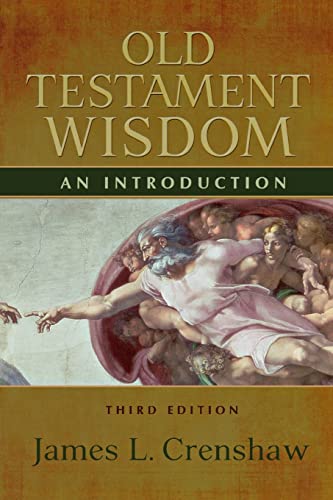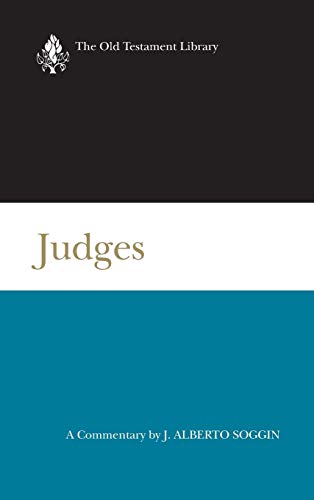Old Testament Wisdom: An Introduction
Written by James L. Crenshaw Reviewed By Derek KidnerWith enviable self-confidence the author hopes that this study will ‘finally’ meet the need of an adequate introductory textbook to this literature. Whether this is indeed the last word on the subject or not, it is certainly a lively, probing, thorough, and exceedingly well-documented survey by an acknowledged expert.
The introduction of the first two chapters attend largely to the tasks of distinguishing Wisdom (by its form and content together) from the other main strands of biblical literature; of determining whether the Wise were a professional group in Israel; of tracing the course of this tradition from clan to court to houses of learning; and of deciding what were the special preoccupations of the separate wisdom books, and what quest was common to them all.
The middle section (pp. 66–189) consists in the first place of four chapters which treat, in turn, Proverbs, Job, Ecclesiastes and Sirach as conducting the search for, respectively, Knowledge, for the Divine Presence, for Meaning and for Survival; plus a brief fifth chapter entitled ‘The Widening Hunt: Wisdom of Solomon, Wisdom Psalms, and Beyond’. There is considerable detail here: a painstaking and skilful inventory of the contents of the main books in mind, together with the author’s searching appraisals of their tendencies. Then in a final section the mood and method of the sages is related not only to their own religious culture but to ours, in a chapter entitled Wisdom’s Legacy, and to the reflective literature of their neighbours in a further chapter of useful material from Egypt and Mesopotamia.
While its attention to detail makes the book a mine of information, both biblical and bibliographical, it is no mere survey. It bristles with strong opinions, some of them highly debatable. Solomon’s reputation as a sage, for instance, is attacked from all angles, including the recounting of the wildest non-biblical legends about him, to suggest that the biblical account itself is somehow tarred with the same brush. Again, Qoheleth’s outlook is reduced to total scepticism by the removal of every hint of orthodoxy from his book (ascribing, as earlier critics were fond of doing, 3:17; 7:18; 8:12–13; 11:9b and the epilogues, to supplementers, and opting for the conjectural translation ‘ignorance’ rather than ‘eternity’ at 3:11, and ‘thy cistern/grave’ instead of ‘thy Creator’ at 12:1—despite the ’aleph there). The possibility that Qoheleth is exposing the secularists by borrowing their map (so to speak), pursuing their paths to their bitter ends, and declaring his own faith only in an occasional aside and at the end, is not considered.
Likewise, Agur, in Proverbs 30, is cavalierly pronounced an atheist, by the adjustment of his opening words to read: ‘There is no God at all, and I am powerless’ (p. 203)—despite his ensuing statement that ‘every word of God proves true’, and his prayer ‘… lest I be full, and deny thee, and say “Who is the lord?” ’ (Pr. 30:5, 9).
I would take issue, finally, with Crenshaw’s choice of the word ‘scepticism’ (surely a less accurate term than, e.g., ‘questioning’, ‘protest’ or ‘searching’) for the attitude of God’s servants under pressure; and still more, with his commending of scepticism as ‘a world view which offered a viable alternative to the Yahwistic one’ (p. 190, his italics), and which he regards as part of the sages’ positive legacy to us. The old description of these writers as ‘the humanists of Israel’ would seem, on the strength of this, to win his approval not merely as marking their concern with all things human, but even when, in certain of his cases, it would bear its modern sense of ‘atheists’.
In short, this Introduction is as provocative as it is informative. It has a wealth of both information and original thought. But, as the author would doubtless wish, it needs studying with the Bible open, and with recourse to alternative expositions—for ‘He who states his case first seems right, until the other comes and examines him’. But that sage remark applies too, I confess, to this review.
Derek Kidner
Cambridge






